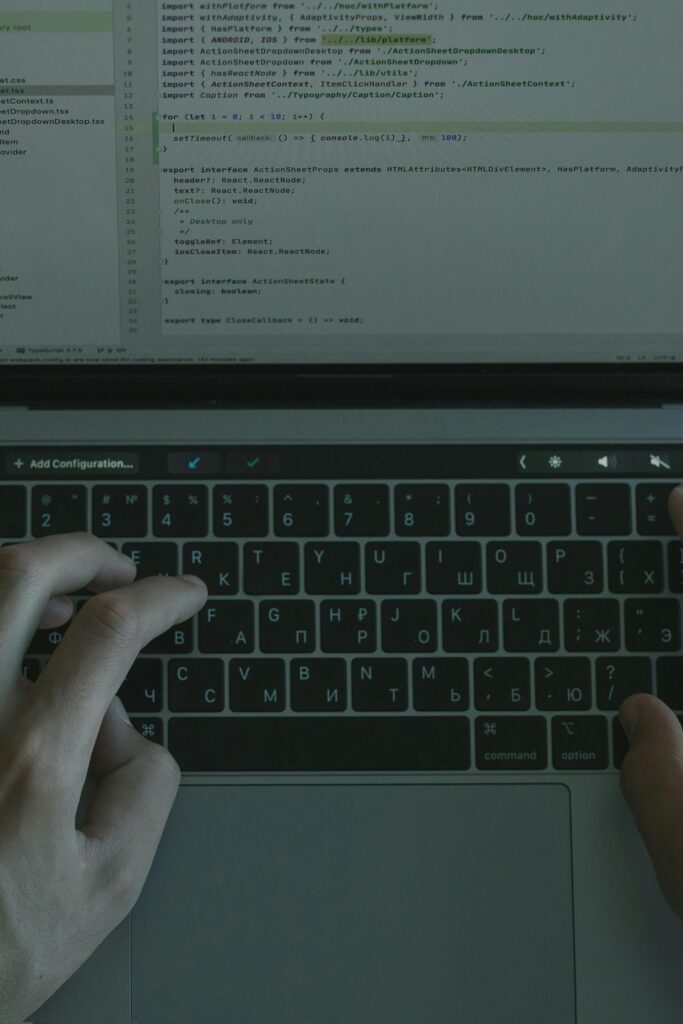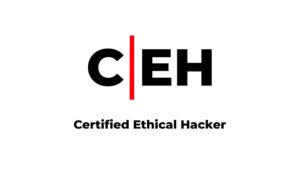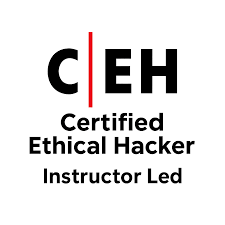Palo Alto Training – Learn Palo Alto Firewalls in 2025

Introduction: The digital era has revolutionized the way we live, work, and communicate. With the increasing reliance on technology, the threat of cyberattacks has grown exponentially. This has led to a surge in demand for ethical hackers—skilled professionals trained to think like cybercriminals but act for the greater good. In Morocco, the CEH (Certified Ethical […]

Introduction:
The digital era has revolutionized the way we live, work, and communicate. With the increasing reliance on technology, the threat of cyberattacks has grown exponentially. This has led to a surge in demand for ethical hackers—skilled professionals trained to think like cybercriminals but act for the greater good. In Morocco, the CEH (Certified Ethical Hacker) certification offered by the EC-Council is gaining traction as a gateway to a promising career in cybersecurity.
This article will guide you through the importance of the CEH certification, the steps to achieve it, and its relevance in Morocco’s growing telandscape.
What Is CEH Certification?
The Certified Ethical Hacker (CEH) certification is a globally recognized credential awarded by the EC-Council. It trains professionals to detect vulnerabilities in systems and secure them against cyber threats. CEH-certified experts are ethical hackers who help organizations protect their digital assets.
The certification focuses on five key phases of ethical hacking: reconnaissance, scanning, gaining access, maintaining access, and covering tracks. These skills are crucial for identifying and mitigating potential cybersecurity threats.
Why Pursue CEH Certification in Morocco?
Morocco’s digital transformation has created a pressing need for cybersecurity professionals. As businesses adopt new technologies, the risk of cyber threats increases. CEH certification equips you with the skills to meet this demand, offering benefits like:
Global Recognition: CEH certification is acknowledged by major corporations and government agencies worldwide.
Enhanced Career Opportunities: Certified professionals are in high demand in Morocco and beyond.
Lucrative Salaries: Ethical hackers often earn competitive salaries, reflecting their specialized skills.
Cutting-Edge Knowledge: The program covers advanced tools and techniques used in cybersecurity.
Steps to Achieve CEH Certification
Step 1: Understand the Certification Requirements
While no formal prerequisites exist, candidates benefit from having basic knowledge of networking, operating systems, and cybersecurity principles. Completing an official EC-Council training program or possessing two years of relevant work experience is recommended.
Step 2: Enroll in a Training Program
Choose an accredited training center in Morocco. These programs provide hands-on experience with tools like Wireshark, Metasploit, and Kali Linux. Practical labs and real-world scenarios prepare you for the exam and beyond.
Step 3: Study the CEH Curriculum
The curriculum covers:
Footprinting and Reconnaissance: Collecting target information.
Scanning Networks: Identifying vulnerabilities.
System Hacking: Exploiting weak points.
Trojan Attacks: Understanding malicious software.
Cryptography: Securing communication channels.
Step 4: Take the CEH Exam
The CEH exam is a four-hour, multiple-choice test designed to assess your understanding of ethical hacking principles. Passing requires thorough preparation and practice.
Step 5: Maintain Your Certification
EC-Council requires certified professionals to earn Continuing Education (ECE) credits every three years. This ensures your knowledge stays relevant in a constantly evolving field.
Key Skills Gained Through CEH Certification
Becoming a CEH equips you with a wide range of skills, including:
Network Security: Protecting systems from unauthorized access.
Social Engineering: Understanding and countering human-based attacks.
Web Application Security: Mitigating risks like SQL injection and cross-site scripting (XSS).
Cryptography: Using encryption to safeguard sensitive data.
Threat Modeling: Identifying and addressing potential risks proactively.
Job Opportunities for CEH Professionals in Morocco
As cyber threats become more sophisticated, organizations in Morocco are investing in cybersecurity. CEH-certified professionals can work in various roles, such as:
Penetration Tester: Conducting authorized hacking to assess system security.
Security Analyst: Monitoring and responding to threats in real time.
Cybersecurity Consultant: Advising businesses on improving their security posture.
Incident Responder: Investigating and mitigating cyberattacks.
Morocco’s government agencies, financial institutions, and tech startups are prime employers for ethical hackers.
The Cost of CEH Certification in Morocco
The investment for CEH certification includes training fees, exam costs, and study materials. While it may seem expensive, the return on investment is high due to the career advancement opportunities it provides. Some organizations and training centers in Morocco offer scholarships or financial aid to ease the burden.
Tips for Success in CEH Certification
Set a Study Schedule: Allocate dedicated time for studying each topic.
Practice in Virtual Labs: Use platforms like Hack The Box to gain practical experience.
Join Study Groups: Collaborate with peers to exchange knowledge and solve complex problems.
Take Mock Exams: Familiarize yourself with the exam format and identify areas for improvement.
The Growing Importance of Ethical Hackers in Morocco
As Morocco’s IT infrastructure expands, so does the need for cybersecurity experts. Ethical hackers play a vital role in protecting businesses and government systems from cyber threats. By becoming CEH-certified, you not only secure your career but also contribute to the nation’s digital security.
Conclusion
The CEH certification is your pathway to a rewarding career in cybersecurity. Whether you’re a beginner or an experienced IT professional, this globally recognized credential provides the knowledge and skills needed to excel in the industry.
In Morocco, where the demand for cybersecurity professionals is on the rise, CEH certification offers unparalleled opportunities. Start your journey today and become a part of the elite group of ethical hackers safeguarding the digital world.
Get certified with industry-leading cybersecurity certifications from EC-Council, PECB, Palo Alto Networks, and more.

Learn from world-class instructors Collaborate with top professionals Advanced training...

The CEH is the world's leading cybersecurity certification, recognized by...

Onsite training course Led by an instructor Interactive sessions

Asynchronous, self-study environment Video-streaming format Flexible learning schedule
Adding {{itemName}} to cart
Added {{itemName}} to cart

